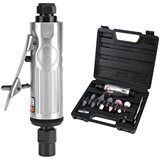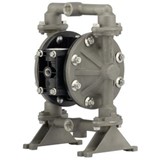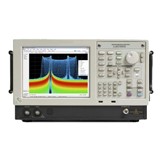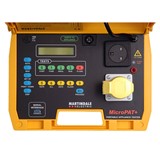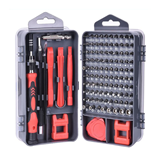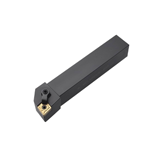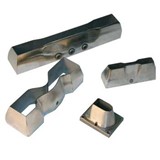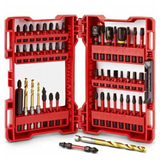Like any product on the market, the cheaper your tools are, the more likely they are to break down or last only a few uses. In economic conditions where price has become even more important, skimping on the best tool for the job might not always end well.
Allan Robinson, director at Robinson International, said buying cheap tools results in people buying inefficient products which may not be designed to complete the job they require.
"Whatever you buy, you see people buy things on price these days rather than buying something because it’s going to do the job," Robinson told IndustrySearch.
There are many advantages to spending a little bit more on better quality tools. For starters they will last longer. The saying you pay for what you get is usually true.
The tool will also be designed better, meaning it will be more ergonomic and easier to use than something which is made of cheaper materials and where the design of the product has had less thought put into it.
And thirdly, the product will be less likely to break and require repairs down the track.
"One product is better than another product for a very good reason – it’s perhaps made out of better material or more care is taken in making it and there’s better processes used in producing it. In many cases the design of an article has got to do with how they work too," Robinson said.
Robinson International sells its products to a network of dealers and resellers. Although they may be more educated on tool products and machinery than the general public, Robinson said they still won’t know all the ins and outs of the product.
"What often happens is one of our dealers will ring up and say ‘I’ve got a customer that needs to do this or wants something to do some other application. What have you got and what do you recommend?’" Robinson said.
Dealers also seek advice on whether certain products will do the job they think it might.
"When you‘re a business selling multiple products, none of the resellers know as much about the product as much as the person who is primarily manufacturing or selling the product," Robinson said.
"Consequently, they sometimes assume things and that a product will do a certain job where in fact it may not."
To ensure you’re getting the right tool, make sure the dealer has sought out all the necessary information about the product you need.
There are also occasions when dealers may not even know if a product exists. For example, Robinson International was recently asked to urgently source a piece of measuring equipment which was larger than anything in Australia.
"So we went to our people overseas and said ‘can you get your hands on this piece of equipment?’ In this particular case we could and in seven to ten days we had the piece of equipment that the customer wanted to do their job," Robinson said.
This seven to 10 day turnaround for hard-to-source equipment is typical when products are coming from overseas.
"We had another one recently where one of my dealers had a customer who was looking for a product. We actually had one of our principles manufacture it for the customer," Robinson said.
"There was another instance where on certain types of machines they use tapered mandrills. We can get these made to suit the customer’s application.
"In this particular case it was for someone who wanted to use the machine to demonstrate how it worked in a technical college."


